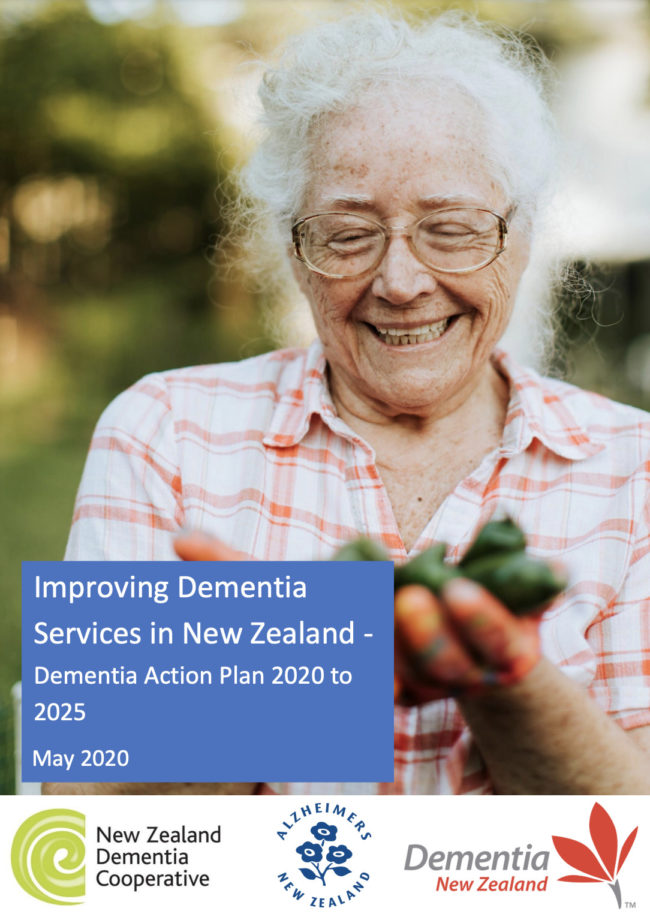Dementia one of the world’s top 10 causes of death
Noncommunicable diseases (NCDs), including dementia, now make up 7 of the world’s top 10 causes of death, according to the World Health Organization’s 2019 Global Health Estimates.

This is an increase from 4 NCDs which were identified in the top 10 causes of death in 2000.
NCDs, also known as chronic diseases, are the result of a combination of genetic, physiological, environmental and behaviours factors. Examples of NCDs include dementia, cardiovascular diseases (like heart attacks and stroke), cancers and diabetes.
Heart disease has remained the leading cause of death at the global level for the last 20 years. Alzheimer’s disease and other forms of dementia are now among the top 10 causes of death worldwide, ranking 3rd in both the Americas and Europe in 2019.
The new figures also found that women are disproportionally affected by dementia, accounting for 65% of deaths from dementia.
Around the world, people are living much longer, with the average global life expectancy haven risen by 6 years in the years between 2000 and 2019. However, on average, only 5 of those additional years were lived in good health.
To a large extent, the diseases and health conditions that are causing the most deaths are those that are responsible for the greatest number of healthy life-years lost.
Disability from NCDs is on the rise, and these updated figures show the tragic impact of NCDs, including dementia. The fact remains, that while dementia is a progressive and terminal condition, people often live with dementia for many years – sometimes up to a decade.
As a significant cause of disability, dementia has a huge impact on our health system and economy. The growing numbers of people living with dementia deserve to do so with care and support that is timely, consistent and meets their needs.
We have urged Labour to act on their pre-election promise to ‘work with the (dementia) sector to implement the Dementia Action Plan’. The Plan a blueprint for managing the rapidly growing challenge of dementia. Now, more than ever, we need that Plan funded and in place.


